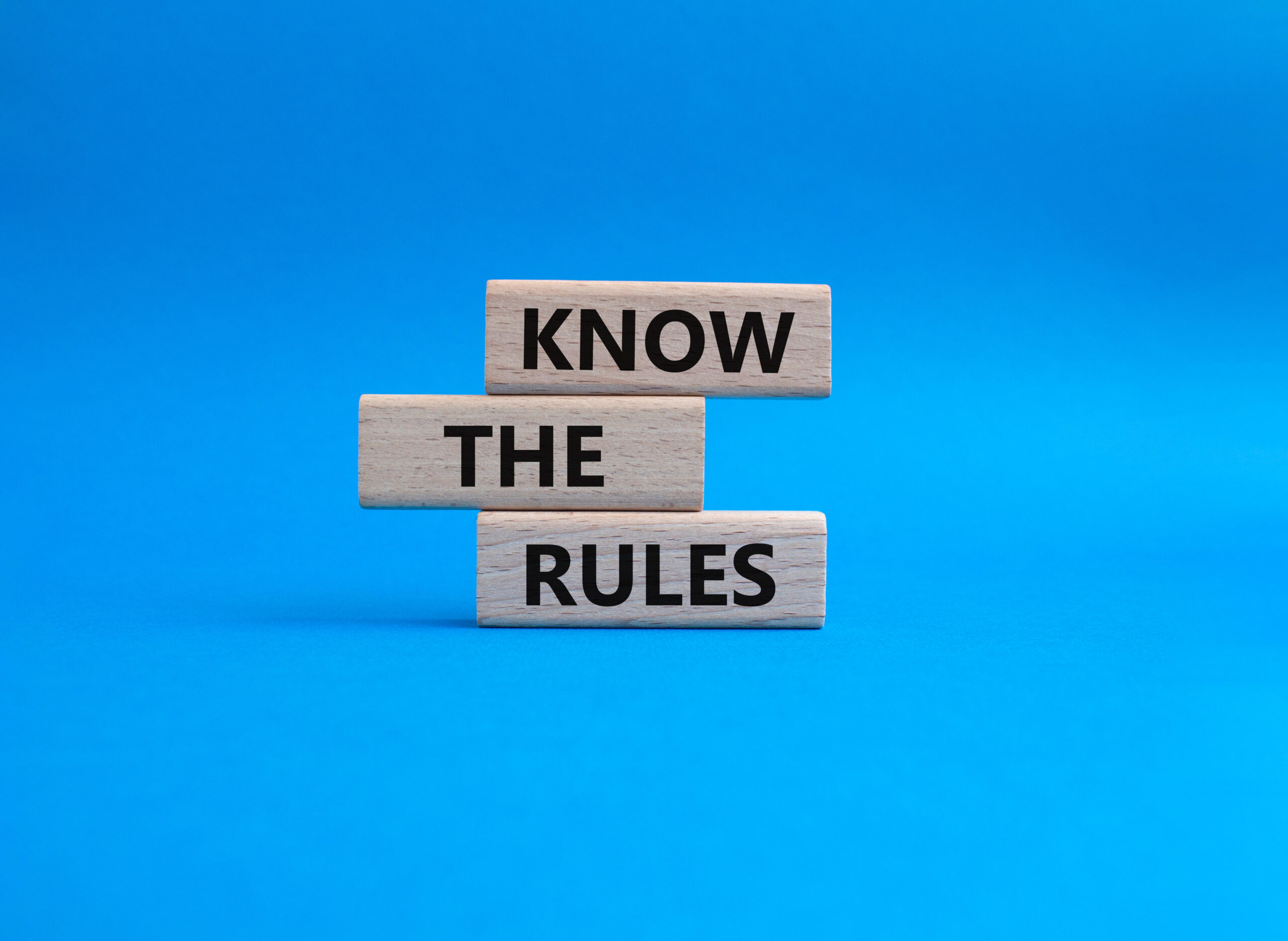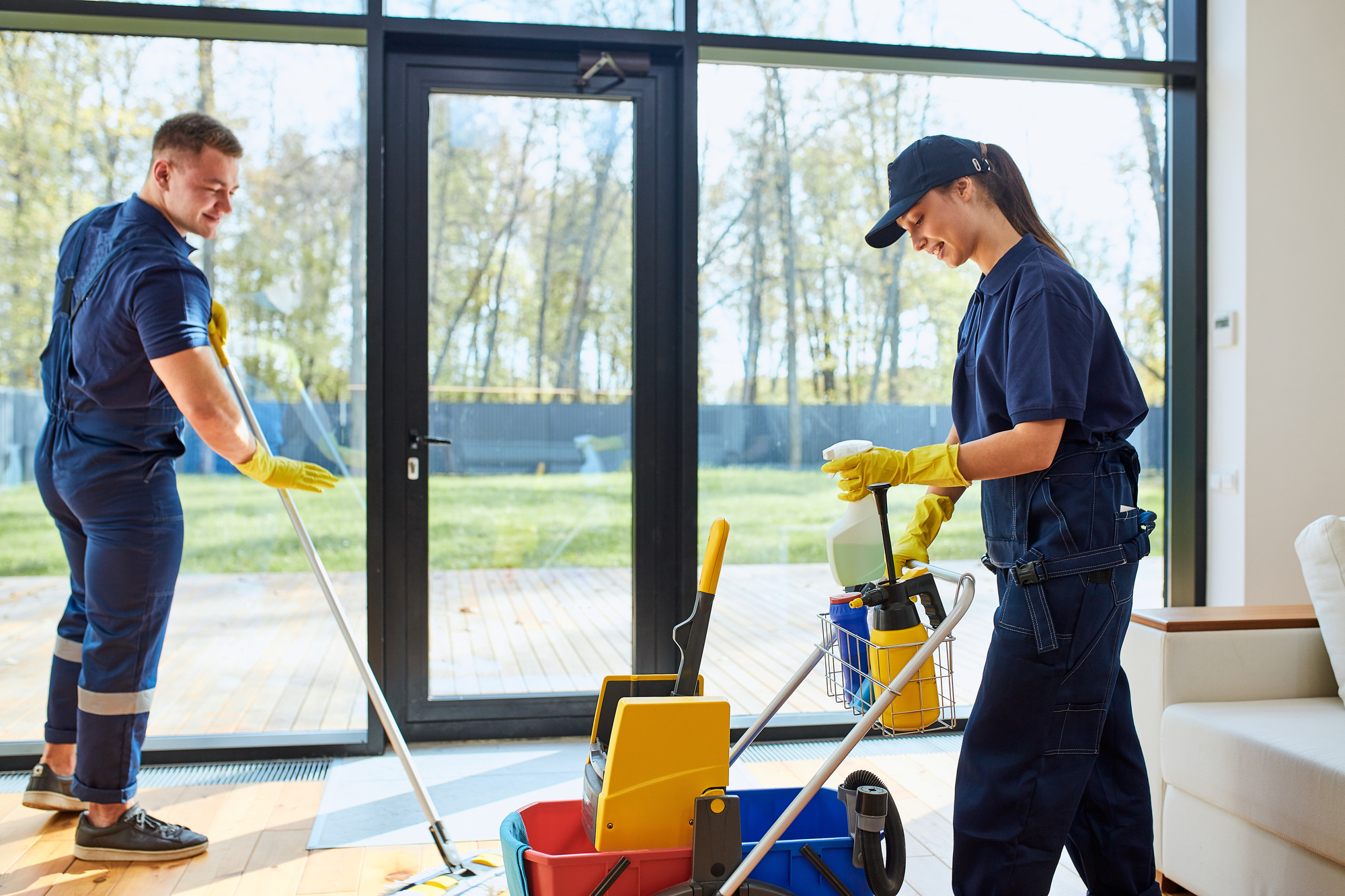Don’t clean around the clutter; add professional organizing to your list of services.
Research shows that 80% of what we keep we never use, but knowing we don’t use something, and being willing to get rid of it, are often miles – or years – apart! The problem is growing exponentially as the children of the “keepers” have little or no interest in the furniture, décor, china, silver, linen, artwork, photographs or memorabilia that their parents, grandparents, aunts and cousins accumulated during the decades.
While cleaning homes that are stuffed to overflowing presents a major challenge, it also offers a huge opportunity for cleaning businesses to increase profitability by adding a new revenue stream, providing higher quality service to their existing clients, and attracting new clients.
The stumbling blocks that individuals face in eliminating what they don’t need or use – in other words, “clutter” – are numerous. In the over three decades I have spent in the organizing industry, here are some examples:
- I just don’t have time.
- I have better things to do – organizing is boring.
- It’s too difficult.
- It never lasts.
- It’s not my stuff.
- I am easily distracted.
- I get stuck in the memories.
- It’s too emotionally draining.
- I need to take care of other people and things first.
- I want to handle all these things responsibly.
- It’s hard to admit I have a problem.
- I’m afraid to let something go. I might want it again.
These stumbling blocks represent a huge opportunity for any cleaning service.
Four Types of Clutter
Not all clutter is created equal. There are basically four types of clutter:
1) Situational: Situational clutter arises from specific events. Your client is engaged in a project that generates a temporary mess. This is a natural and normal part of life in a complex world.
2) Embedded: Embedded clutter reflects years of accumulation and benign neglect. The longer the client has lived in the house, the deeper the layers go. Often the clutter comes in boxes moved from previous houses, but were never opened!
3) Impending: Impending clutter are those items sitting in a pile waiting for your client to make a decision about where it needs to go. It’s the stacks of mail, leftover project materials, stuff heaped on the bottom stair waiting for someone to take it up to the next floor.
4) Invitational: Invitational clutter is the most invisible, and therefore the most problematic. This is clutter generated unintentionally by simply being alive in today’s society. These are items that are invited into the home without considering whether they still have value. This may include magazines never read, unwanted catalogs that keep coming, small gifts accumulated — but not necessarily appreciated.
It Isn’t About the Stuff!
For 20 years, I focused on helping people eliminate physical and paper clutter. With the dawn of the Internet, I started applying those principles to email and digital files, but in recent years, I’ve concluded that often physical clutter and digital clutter are a symptom of a bigger problem: emotions that block decision-making about our “stuff” and a lack of systems to implement the decisions the client makes – from how to file paper so the owner (or his/her spouse!) can actually find it again to how to physically eliminate what they don’t really want.
Unfortunately, there are no requirements for someone calling themselves an “organizing consultant.” Wives and mothers are thrilled to discover that people will actually pay them for what they have been doing for free – often for decades – and not even being appreciated!
They go into homes, categorize everything into a variety of containers, implement color coding, and add labels – and leave with everything looking “organized.” Frequently, six months to a year later, the clutter returns, and everyone feels worse.
The organizer doesn’t have a happy client, the industry doesn’t have a successful organizer, and the client feels like he/she is so bad that “even a professional couldn’t help me!”
It’s All About Customizing SYSTEMs (Saving You Space Time Energy Money)
Just as every cleaning company has developed SYSTEMs for cleaning every aspect of a home, organizing is about developing systems for initial and ongoing removal of clutter. The more effective you are at naming and describing those systems, the more you can charge for your services. Clutter removal skills require more staff training than cleaning skills, but are needed far less often, and can be billed out at a higher rate.
The Value to Your Client
You can explain to your client that you will be able to do a better job of cleaning when the clutter is reduced. One of the big challenges that every professional organizing company faces is the reluctance of a prospect to hire them due to embarrassment about their situation. Another obstacle is their lack of trust that the organizing service can actually help them with their specific situation.
But if you’re in their home, they already like and trust you! You can offer organizing packages for their specific needs including assessments, hands-on organizing services for initial clutter reduction and follow-up maintenance packages.
So, How Do You Make It Work?
Many cleaning companies have added a clutter-reduction component by simply hiring “naturally” organized employees. Based on what I have seen in the past 30 years in homes around the country, the results leave much to be desired – and will not likely result in a profitable, sustainable income stream for your cleaning company.
Here are two other highly viable possibilities:
1) Partner with a local organizing company to provide the organizing services for a percentage of the income. An added advantage to this possibility is cross-marketing opportunities between the two companies. Many organizing companies offer seminars at which you could advertise your cleaning services.
2) Send one or more of your employees through a certification program for organizing consultants. Make certain to sign a non-compete agreement that prevents them from leaving your company and starting their own.
Clutter is contagious. But order and clutter discipline can also become contagious – and it will be good advertising for the quality of service you offer!
Barbara Hemphill is the Founder of Productive Environment Institute which offers a certification program for organizing consultants. She is also the author of Less Clutter More Life.





